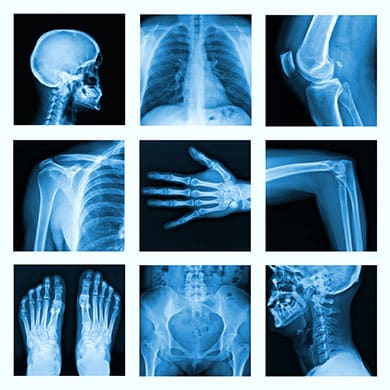The Norwegian Consumer Council did a big comparative test, and deemed Tesla to have the worst battery capacity warranty/ and the worst total score..
There are articles in Norwegian media about "no battery capacity warranty"
Here is the test, (in Norwegian only )
https://fil.forbrukerradet.no/wp-co...l-garantiguiden-1.0-2017-utdypende-tabell.pdf
and here is a translation of that .pdf:
Google Translate
Now and then, some journalist sum it up as "Tesla does not provide ANY capacity warranty, if a new car runs 10km on a charge, that's ok"
Observe how easy it would be for Tesla to WIN the test, Tesla could win this test anytime, especially after leading strongly in the "unlimited mileage" part.
I would love to see Tesla fix that .... prettyplease ?
There are articles in Norwegian media about "no battery capacity warranty"
Here is the test, (in Norwegian only )
https://fil.forbrukerradet.no/wp-co...l-garantiguiden-1.0-2017-utdypende-tabell.pdf
and here is a translation of that .pdf:
Google Translate
Now and then, some journalist sum it up as "Tesla does not provide ANY capacity warranty, if a new car runs 10km on a charge, that's ok"
Observe how easy it would be for Tesla to WIN the test, Tesla could win this test anytime, especially after leading strongly in the "unlimited mileage" part.
I would love to see Tesla fix that .... prettyplease ?



